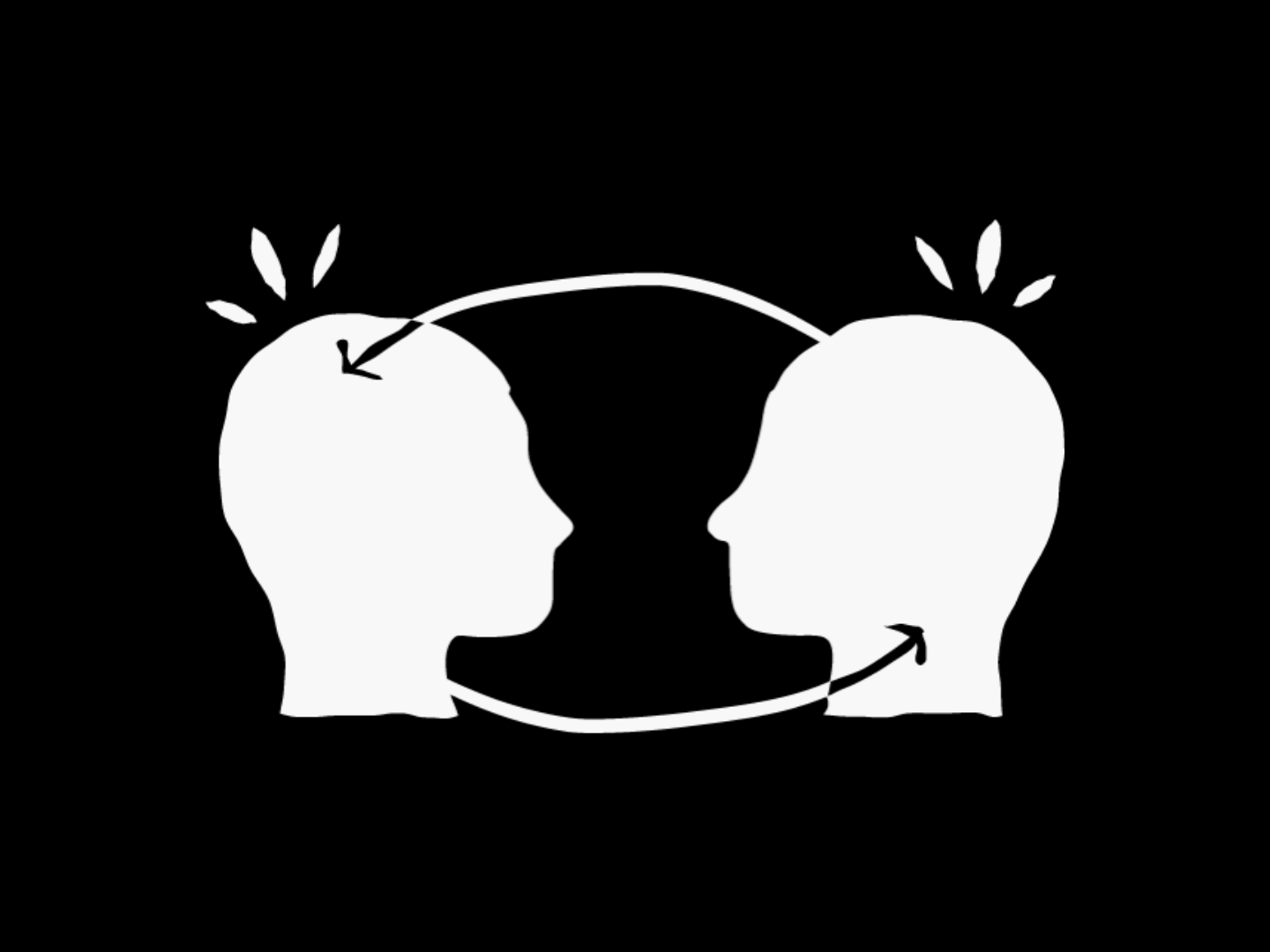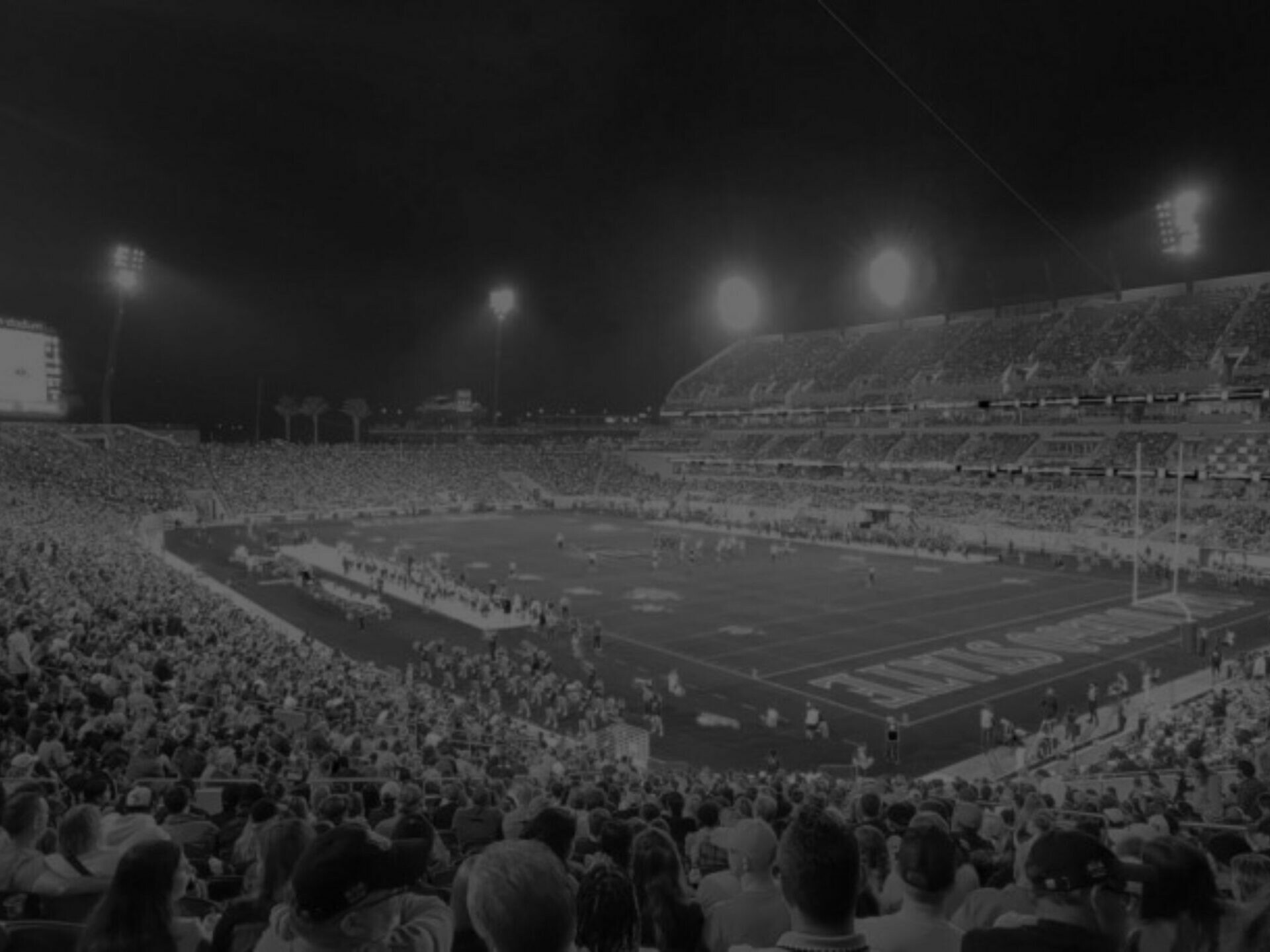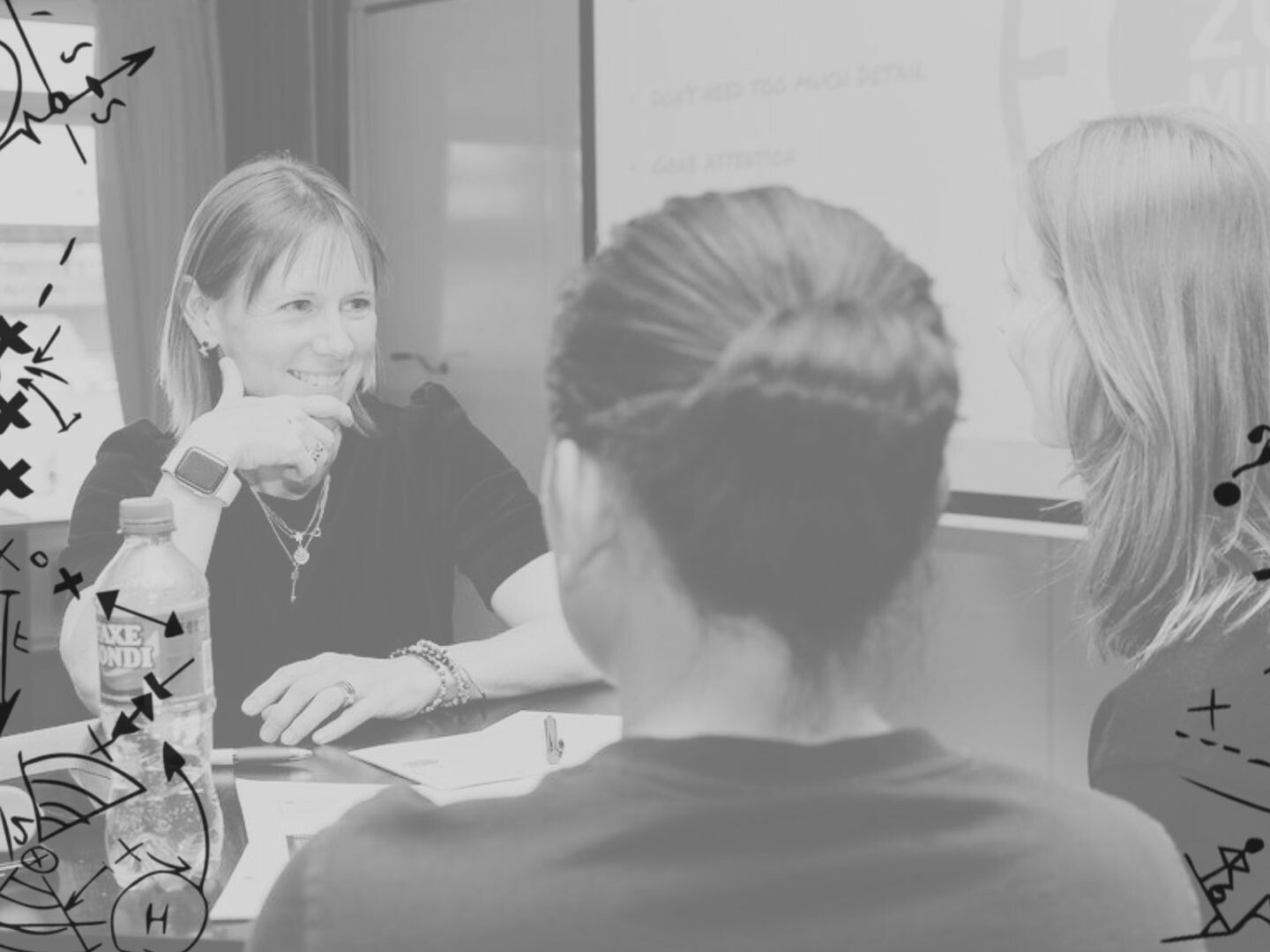The Transfer Window is a moment of focus, when teams can recruit the on-field talent they need to succeed this season and next. But arguably an equally sizeable competitive advantage comes from developing this talent, ensuring everyone in the team can improve – not just the big names, but the entire squad – creating an environment of continuous development and learning, and a robust group of athletes physically and mentally ready for any challenge.
While coaching is the obvious place to turn when thinking about building your team, and rightfully so, there are many other specialists who sit around the head coach whose knowledge is equally important in ensuring success. Together they are the team tasked with maintaining and increasing athlete mental and physical health, robustness, speed, strength and conditioning, as well as the tactical and technical awareness often seen as the preserve of the coaching staff. That is before you even touch on the psycho-social aspect of the individual and wider group.
A strong performance team is interdisciplinary, responsible for all elements within the 22 or 23 hours players are not training, creating the conditions, and behaviours, needed for people to be their best. Together they look after the interplay of all four pillars of performance: tactical, technical, physical and mental and yet it is the first two that receive most of the attention and much of the spend.
Which is why, after the Transfer Window closes, we open what we have termed the Performance Window – the time between its’ end and before pre-season training starts, when more and more clubs are starting to think about the development of their performance teams to ensure they are set up for success. It’s always hard to think about your next campaign when there’s still so much undecided in this one, but those who are able to turn their attention to the team behind the team before the end of June find themselves best placed to either allocate time and resource to developing those they have already, bringing them together around a shared vision and set of standards – or to secure talent from outside in time to have an impact before the season starts.
Taking stock at this time also gives clubs an oft-overlooked chance to consider the culture they are building – not least because the performance staff often outlast the players and coaches by a factor of years. It is often through the deep and trusting relationships built in the massage room, or in conversation with the kit man, that a sense of belonging, or not, is cultivated. Taking a step back to review the team as a whole, and how the performance staff connect as a group, and with the rest of the organisation is also a chance to ensure diversity of experience – not just a competitive advantage but a performance must in our book – and to make sure those tasked with improvement are improving themselves – even the best people can become trapped in their own environment if not assessed and given the opportunity to grow.
Different environments, consistent learnings
Just as it’s important for clubs to regularly consider their principles and vision alongside their talent and goals, so it is for us to refresh our knowledge of the different environments, cultures and team dynamics of the clubs we work with, however well we think we know them. Which is why we spend the time that we do visiting clubs across football, from Premiership to League Two clubs, as well as those internationally, Premiership Rugby Clubs and other elite environments including the most physically demanding of the arts. In doing so, we find huge differences in the size of the facilities, sense of purpose and prioritisation of spend – be that on bringing youngster through an impressive academy, nutrition, medical facilities or latest technology – despite huge parity in the overall goal. A desire to win though is far from the only consistency and no matter where we go, North or South, UK or abroad, conference hall or pitch, we observe that:
- Time spent performance planning is always time well spent. You may not be able to control what happens on the pitch, but you can set the initial conditions to give the best chance of success
- In any role, and any team, culture is as important as capability. Without a vision to work to, well and frequently articulated, you can’t motivate people to a common goal
- There is no small stuff. Anything that matters enough to be done, matters. The impact of getting the little things right should never be underestimated
Given it is our day job to think about such learnings day in, day out, it is always surprising how much clarity comes from taking time to really concentrate on the bigger picture and to understand what can be discovered from a helicopter view of both organisations and sports as a whole. If that’s true for us, it must be true for clubs, used to spending so much of the year thinking specifically about next weekend. And why giving yourself the time to think about performance, rather than just aiming to create it, is always valuable.
Related Posts
Building high-performance environments off the pitch in elite sport
September 28, 2023
0 Comments8 Minutes





